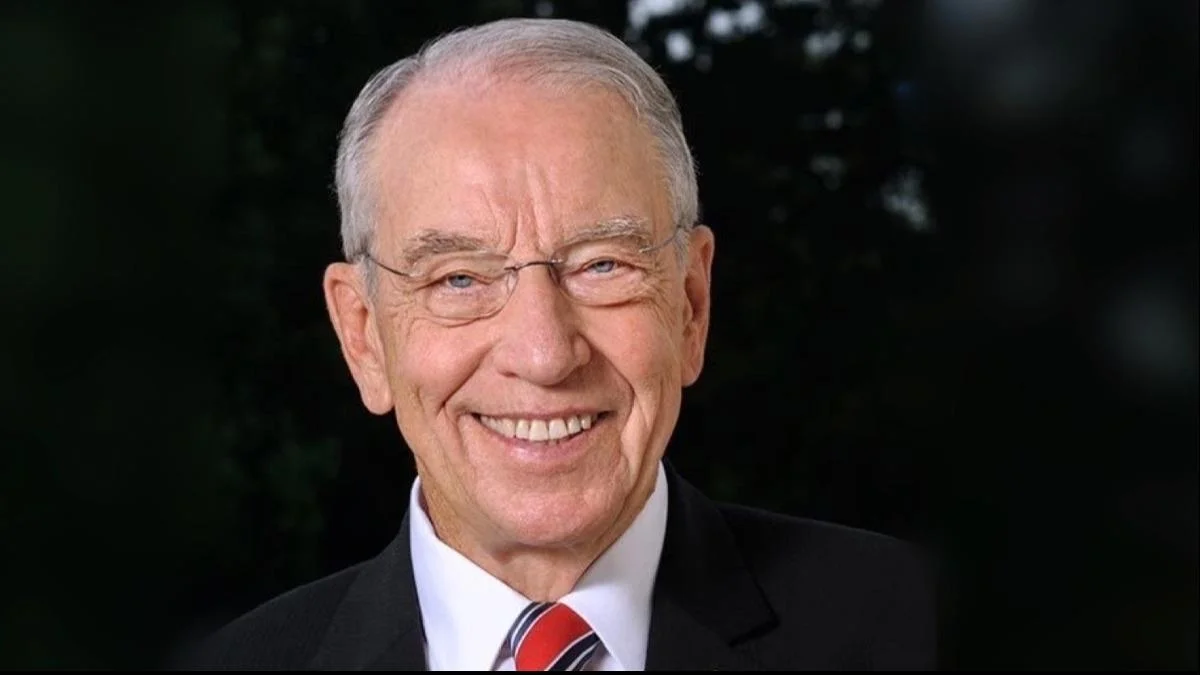Sen. Chuck Grassley - US Senator for Iowa | Official U.S. House headshot
Sen. Chuck Grassley - US Senator for Iowa | Official U.S. House headshot
Over the past six decades, Medicaid has served as a key component of the U.S. health care safety net, supporting low-income families, individuals with disabilities, and seniors. Since its creation in 1965 under Title XIX of the Social Security Act, state governments have managed the program with federal cost-sharing. However, expansions in eligibility and various loopholes have contributed to a rise in federal expenditures. The federal share of Medicaid spending grew from 60 percent in 1991 to about 74 percent by 2023.
Senator Chuck Grassley (R-Iowa), who serves on the Senate Finance Committee overseeing Medicaid, discussed recent congressional efforts aimed at ensuring fiscal integrity within the program. "Throughout my service on the Senate Finance Committee, which has legislative and oversight jurisdiction of the Medicaid program, I’ve led bipartisan efforts to ensure the most vulnerable populations are served, particularly child and maternal care -- including families with children with complex medical conditions -- as well as foster and adopted youth," Grassley said. He also emphasized support for accountability measures such as the Right Rebate Act.
Concerns about waste and mismanagement were highlighted by Senator Grassley: "Just consider, between 2015 and 2024, the amount of improper federal Medicaid payments reached $560 billion. Some estimates suggest that figure exceeds $1 trillion." He argued that every dollar lost represents less funding available for those relying on Medicaid services.
The recently passed Senate budget bill introduces several measures intended to strengthen oversight and improve fiscal responsibility within Medicaid. According to Grassley: "Specifically, common sense measures are designed to reduce duplicate enrollment; ensure deceased individuals and health care providers don’t remain enrolled; reduce payments for erroneous excess provider payments; and require states to check twice yearly if an individual is eligible to be on Medicaid, instead of screening once a year."
Additional provisions target verification processes for premium tax credits distributed through federal health marketplaces established by the Affordable Care Act. Senator Grassley noted his prior recommendations regarding recouping excessive payments: "I advised the U.S. Treasury Inspector General last year that excessive payments weren’t being recouped to the federal treasury." Over ten years, more than $10 billion in overpayments were identified.
The bill also creates a $50 billion Rural Health Transformation Program aimed at supporting hospitals and other health providers in rural communities by improving access and outcomes. It includes new work requirements for able-bodied adults under age 65 receiving Medicaid benefits—requiring a minimum of 80 hours per month through work or related activities—with exemptions for vulnerable groups such as people with disabilities or caregivers.
Other changes expand states' ability to offer home- and community-based services (HCBS) while protecting current recipients’ eligibility and providing interim coverage during care plan development.
Immigration status is addressed by ending federal financial support under Medicaid for individuals without verified citizenship or legal immigration status. Citing non-partisan Congressional Budget Office estimates, Grassley stated: "These program integrity provisions for Medicaid and other health care programs will save over $500 billion."
Grassley concluded by addressing criticism: "Despite orchestrated efforts to mischaracterize our program integrity measures with fearmongering and misinformation, the Senate took a big step to save Medicaid for people the program is intended to serve."





 Alerts Sign-up
Alerts Sign-up